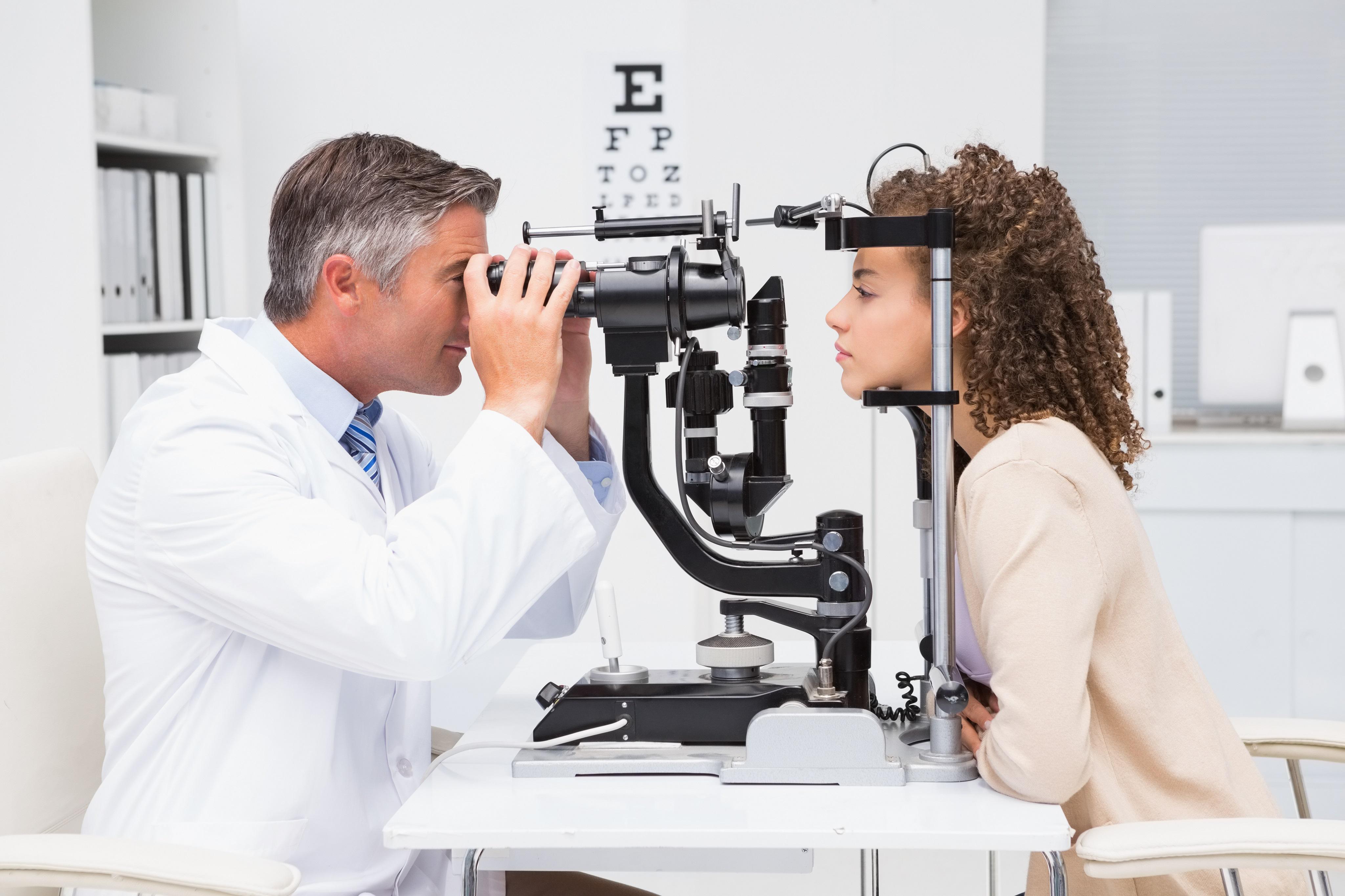Is Refractive Surgical Treatment Right for You? Variables to Consider for Better Eyecare
In the realm of eye care, the decision to undergo refractive surgery is a significant one that requires thoughtful factor to consider. From the ins and outs of one's ocular health to the intricacies of daily habits and individual assumptions, each facet holds relevance in the broader landscape of refractive surgical treatment candidacy.
Eye Health Analysis
When taking into consideration refractive surgical treatment, an extensive eye wellness analysis is critical to examine the suitability of the treatment for each and every individual. andalusia pediatrics. This assessment involves a collection of tests and examinations performed by an eye treatment expert to identify the total health and wellness of the eyes, the existence of any kind of underlying problems, and the stability of the refractive error
During the analysis, different factors are considered, such as the client's case history, existing eye prescription, corneal thickness, student size, and tear movie high quality. These assessments assist to identify any type of contraindications to refractive surgical procedure, such as corneal irregularities, cataracts, or untreated eye infections. Furthermore, the assessment helps to handle client assumptions pertaining to the potential end results of the surgical treatment based upon their special eye qualities.
Ultimately, the eye wellness assessment is vital in making certain the safety and efficiency of refractive surgery, as it supplies beneficial understandings into the individual's eye health condition and aids establish one of the most ideal therapy alternatives for achieving optimum aesthetic end results. (andalusia pediatrics)
Way Of Life Evaluation
A detailed way of living assessment is integral in determining the viability of refractive surgical procedure for a person's visual correction needs. Way of life elements such as occupation, hobbies, and day-to-day tasks play a critical role in the decision-making process regarding refractive surgical procedure. For example, individuals with professions that entail a high level of physical task or direct exposure to environmental elements might have different visual needs compared to those with sedentary desk work. Recognizing exactly how a person's way of living may influence their vision post-surgery is essential for managing assumptions and making sure optimal end results.
Additionally, way of life practices such as sports participation, outdoor tasks, or also skincare routines can influence the recovery procedure and general success of refractive surgical procedure. By performing a detailed way of life evaluation, eye care professionals can customize their suggestions and treatment strategies to satisfy the distinct requirements of each client, eventually leading to improved aesthetic end results and complete satisfaction.
Assumption Positioning

Setting reasonable assumptions involves complete pre-operative discussions between the ophthalmologist and the individual. The special info surgeon needs to transparently communicate the prospective risks, benefits, and restrictions of the procedure (neurologist andalusia). Clients need to comprehend that while numerous individuals achieve 20/20 vision or much better following refractive surgical treatment, some might still need glasses for sure activities like reading or driving at evening. Managing these expectations assists stop frustration and frustration post-surgery, causing a more favorable general experience for the patient.
Risk Analysis

Elements that may raise the threat of issues include age, particular clinical conditions like autoimmune diseases, unpredictable vision prescription, slim corneas, and unrealistic person expectations. Additionally, selecting a knowledgeable and knowledgeable specialist, adhering to pre and post-operative care guidelines diligently, and disclosing any appropriate medical background can help mitigate dangers.
To decrease the likelihood of problems, eye doctors click over here carry out comprehensive pre-operative examinations to identify any contraindications to surgical procedure. They additionally review the prospective dangers and advantages with people during the examination process. By participating in open communication and shared decision-making, both the individual and the eye doctor can interact to establish if refractive surgical treatment is the right selection based on individual threat profiles and wanted outcomes.
Appointment Significance
Considering the important role of educated decision-making in assessing risks and potential issues in refractive surgical procedure, the appointment process holds substantial value in leading individuals in the direction of optimum results. During the consultation, the ophthalmologist reviews the patient's eye health, refractive mistakes, and general suitability for surgical procedure. This preliminary analysis is vital in identifying one of the most suitable treatment for each and every individual, taking into account factors such as corneal density, student dimension, and existing eye conditions.
Furthermore, the consultation functions as a possibility for clients to review their expectations, concerns, and any kind of concerns they may have regarding the surgical treatment. Clear communication between the doctor and the person is vital to make sure reasonable expectations and a comprehensive understanding of the potential threats and benefits involved.
Furthermore, the examination enables the specialist to describe the various medical choices readily available, their corresponding outcomes, and the post-operative treatment called for. This thorough discussion empowers clients to make educated choices regarding their eye care, causing much better contentment and results post-surgery.
Verdict
To conclude, people considering refractive surgical treatment my link must undertake a comprehensive eye health analysis, evaluate their way of living habits, align their expectations with potential outcomes, analyze the affiliated risks, and prioritize assessments with eye treatment specialists. These factors play an essential duty in establishing the suitability of refractive surgical procedure for each individual, ensuring optimal end results and complete satisfaction with the procedure.
Patients taking into consideration refractive surgical treatment often have high assumptions concerning the outcomes, expecting excellent vision without the need for glasses or contact lenses. While refractive surgery can considerably improve vision and lower dependency on aesthetic aids, it is crucial for patients to recognize that outcomes might differ based on specific elements such as the level of refractive error, corneal density, and total eye wellness.
By engaging in open communication and shared decision-making, both the person and the eye doctor can work with each other to figure out if refractive surgical treatment is the ideal selection based on individual danger profiles and desired outcomes.
Thinking about the vital duty of educated decision-making in evaluating threats and possible complications in refractive surgical procedure, the consultation process holds considerable relevance in leading clients towards ideal end results. During the examination, the eye doctor assesses the person's eye wellness, refractive mistakes, and total suitability for surgical treatment.